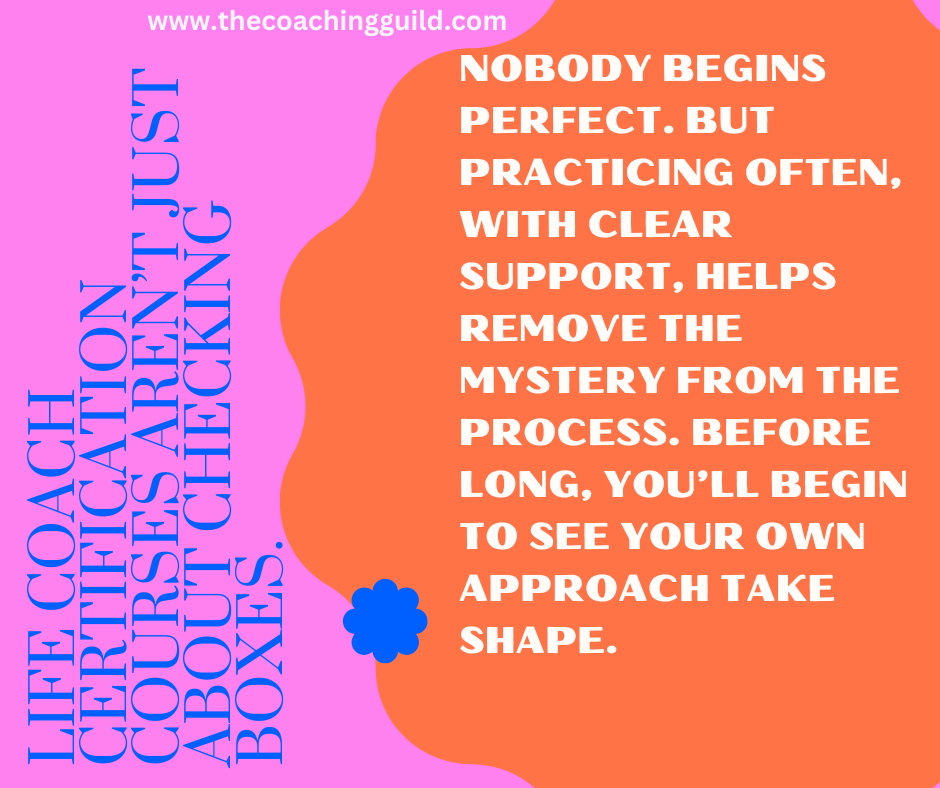We are graduating students at The Coaching Guild, and it is fabulous.
Something is happening at The Coaching Guild right now, and by something, I mean the single most important thing. We are graduating students.
The first group of students has finished the program. As they complete their panel interviews, which is the final requirement for certification, we are graduating students, one at a time.
These students have invested a little more than a year in training.
They have put in probably 500 hours of call, study, and homework time.
They have trained in:
Foundational Coaching Skills
Active self-love and self-worth
Science-based Deliberate Creation Principals
Working with belief systems and helping clients break limiting beliefs
Identify Shifting
Brain Science
Behavioral Science
Emotional literacy
Trauma Response and Decoding Triggers
Understanding Mental Health in the Coaching Process
Coaching Ethics
Understanding Sexual Identity and Gender Identity
Cultural Competency
Compassion Fatigue
Business Basics and Practice Management
Your identity as a coach
Setting Your Life Up to Support Your Success
Organic Marketing and Client Acquisition
And A LOT more.
They have spent more than fifty hours training with various experts who are the best of the best in their respective fields. They have also done at least one university course on positive psychology – which has exactly nothing to do with toxic positivity and spiritual bypassing.
These students have done at least 40 hours of client sessions; most have done many more than that and have paying clients on their schedules.
Many of these students thought seriously about quitting at least once during the process. In fact, at the current average between all the classes, just over 40% of the students who start will NOT finish.
The commitment is real. Money is the least significant thing they invest. The commitment of time and energy is the big spend. All of the students in the program have jobs and real-world other responsibilities they navigate while they are training.
These students are:
Brilliant
Determined
Engaged
Diverse
Deeply soulful
Most of all, they are ready to coach, and each of them is very, very good at what they do. I know this because, with client permission, I have reviewed dozens of hours of coaching sessions as yet another requirement for their certifications.
My goal for these coaches is that when you see them out and about doing their coaching thing, you will have no idea they were Coaching Guild Students.
These coaches were aren’t trained to be cookie-cutter approach coaches on any level. They are fabulous and highly unique in their approaches and philosophies, and they are the real deal in their individuality. This program celebrates that.
The Coaching Guild trains rebels, misfits, artists, and creatives. We work with the wild ones who will make a difference on their own terms. If you are a good trouble-maker, who wants to change the world, one client at a time, check us out.


